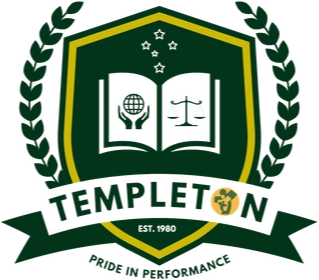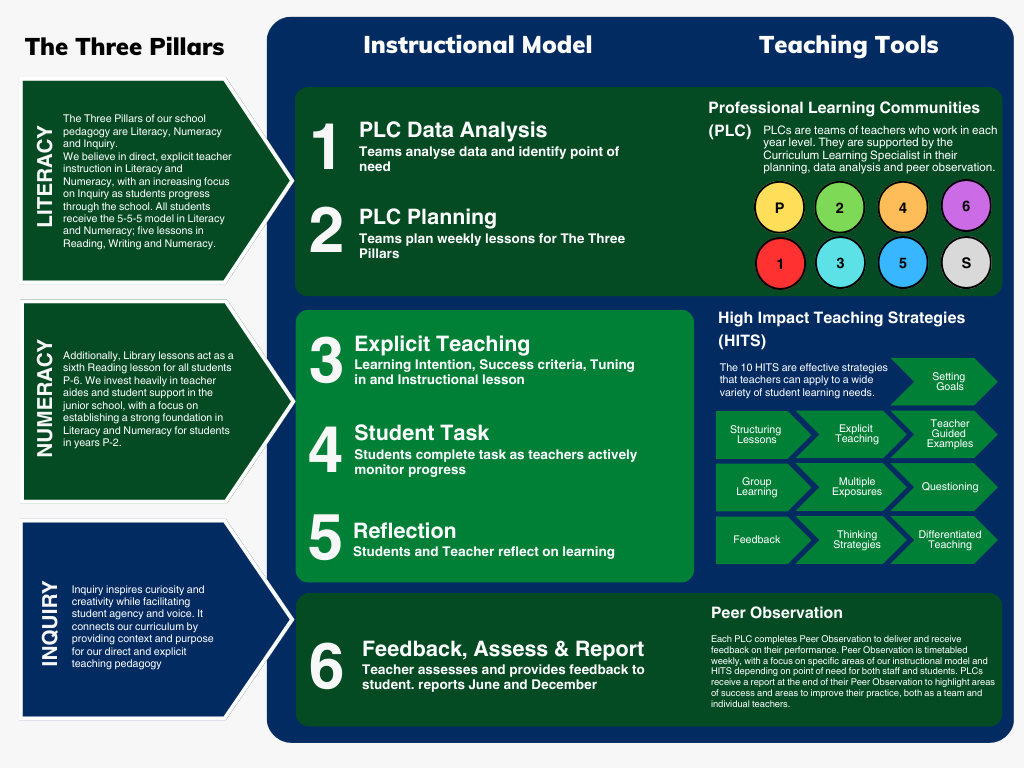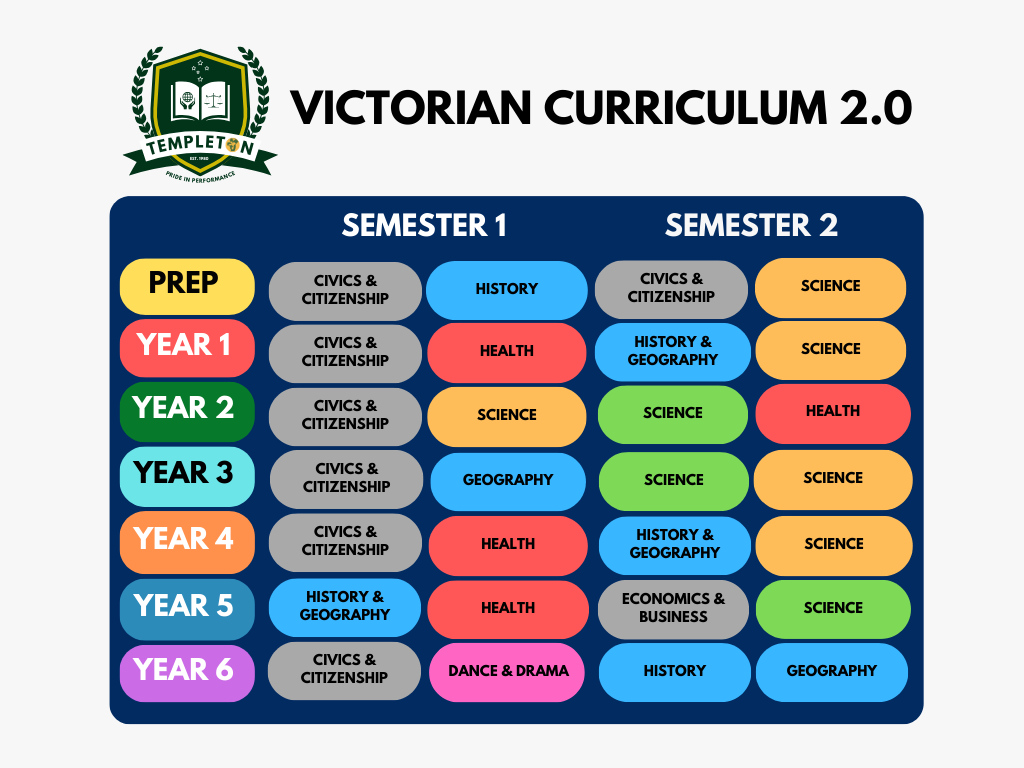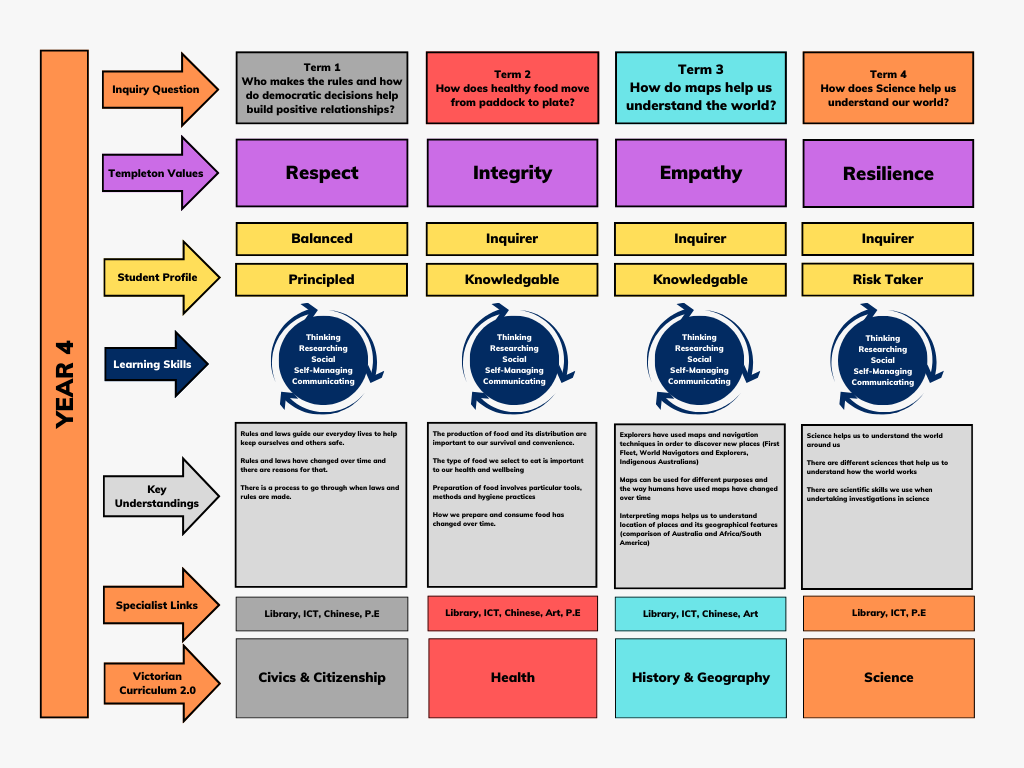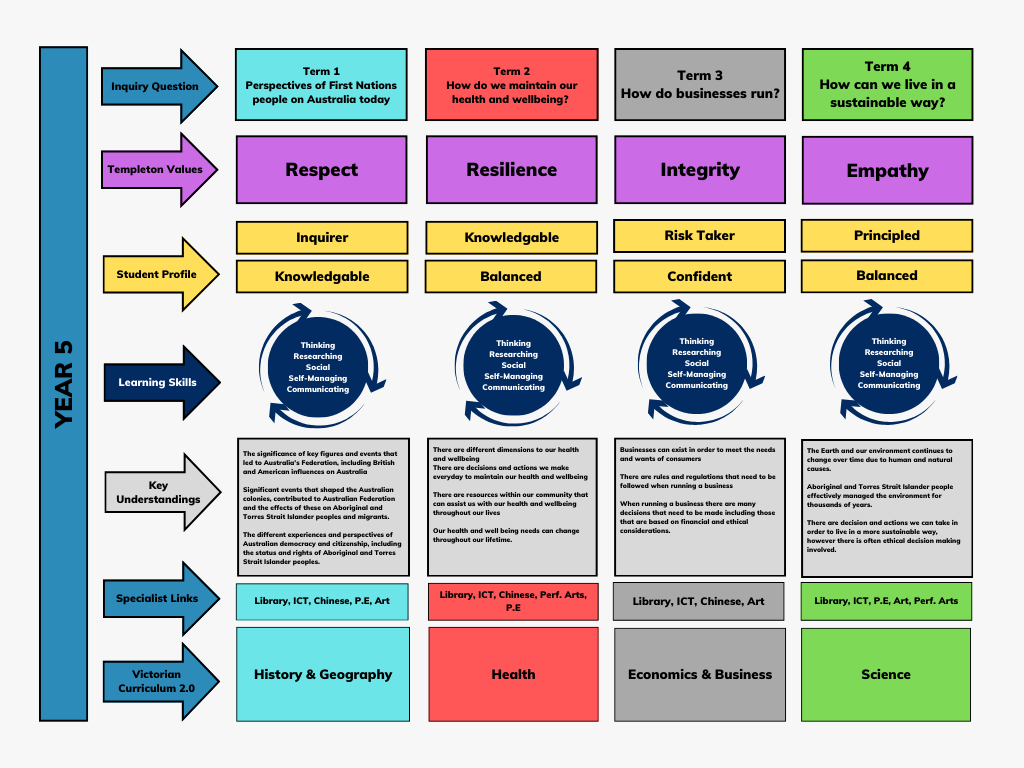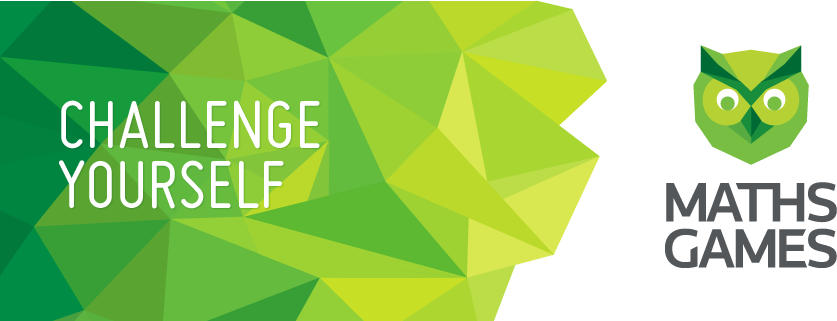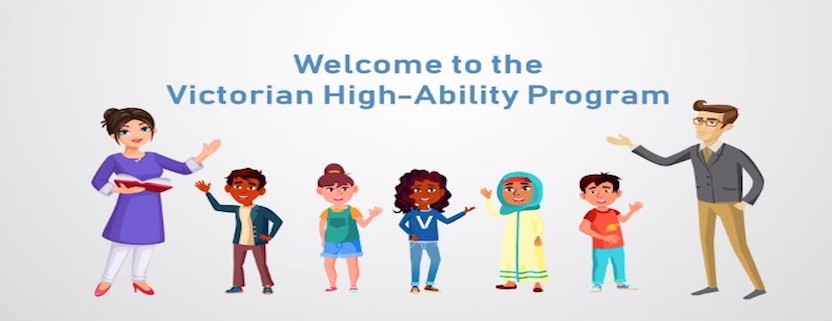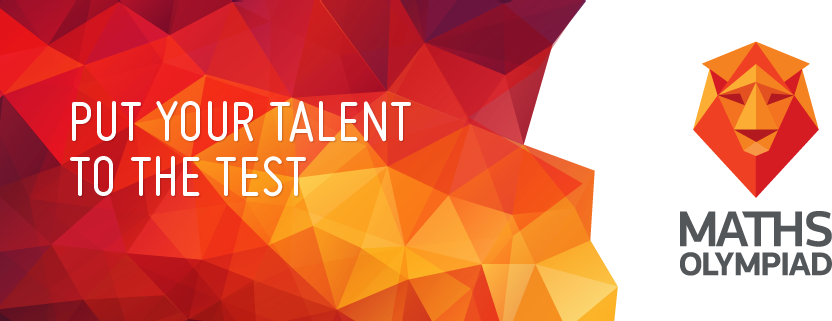Curriculum
Our bread and butter.
Overview
When we first meet our families on tour, one term we use frequently is ‘Templetonising’. This means how our students are educated and rounded into successful Templeton students. This process begins during Prep Transition and continues until the end of Year 6. Everything in our school is structured in a specifically designed way, from our school motto right through to our lesson plans. On the left is an explanation of our Crest, which provides a visual representation of our vision. The diagram on the right shows the Curriculum Structure of how our school operates, and how we successfully ‘Templetonise’ our students to become students that epitomise our Student Profile.
Curriculum Structure
Our Curriculum Structure is based on the understanding that students learn best by being engaged and active in their learning. Our philosophy of providing our students with a broad and well-balanced educational experience ensures that each student can explore and release their individual talents. This philosophy is supported by our extensive range of extra curricula offerings. Specialist classes in Chinese, Visual Arts, Performing Arts, ICT and Physical Education, ensure that all Templeton students can learn in varied ways. Through these opportunities, our teachers aim to create experiences that inspire students to learn and to continually challenge their personal best.
Believe, Think and Do
At Templeton, we have a clear direction for our school moving forward, particularly in our teaching pedagogy. Our basic philosophy of explicit teaching of Literacy and Numeracy has never wavered, but underpinning this focus is a carefully constructed pedagogy and curriculum framework, all stemming from what we BELIEVE (Pride in Performance) what we THINK (Values and Skills) and what we DO (Student Profile):
The Leadership Team
Dedicated to improving student outcomes.

Rod McKinlay
Principal

Marc Crilly
Assistant Principal
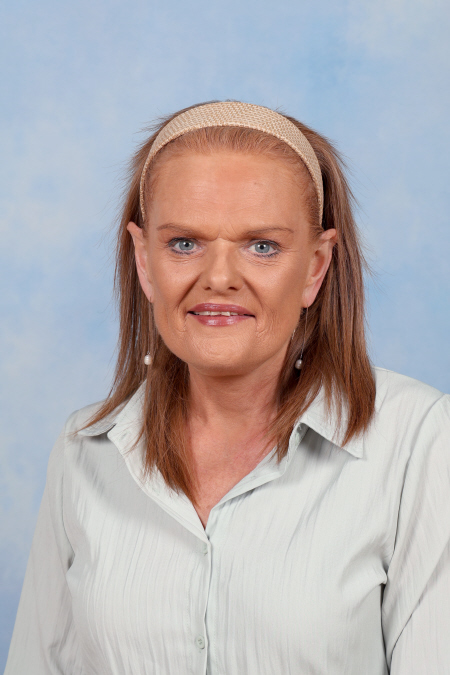
Andrea Edwards
Assistant Principal
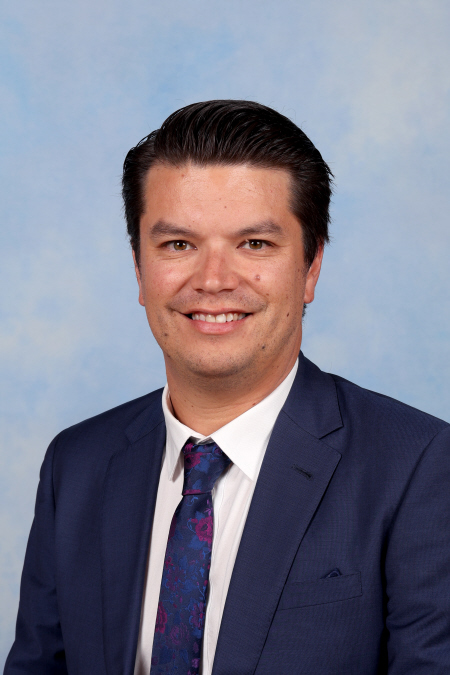
Aidan Schanssema
Director of Curriculum
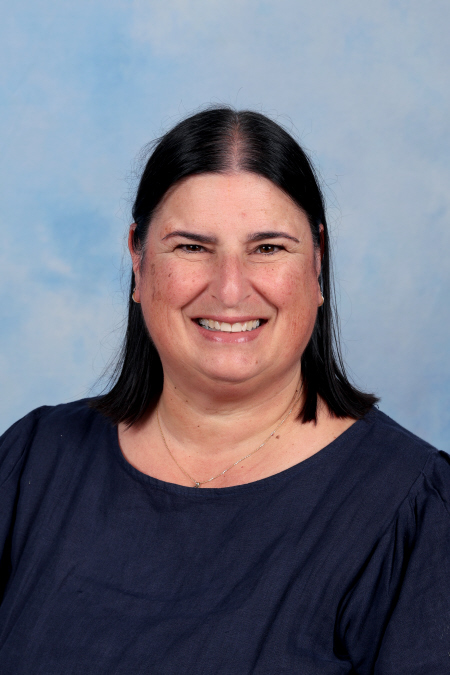
Janice Siladi
Early Years Learning Specialist
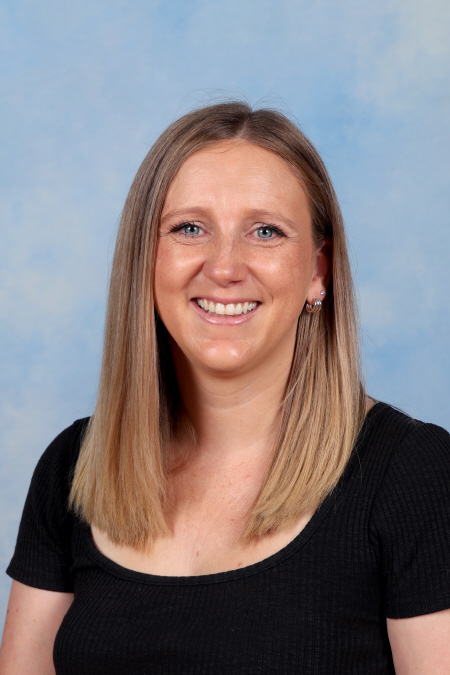
Alana Whitby
Curriculum Development

Emma Finn
Grade 2 Coordinator
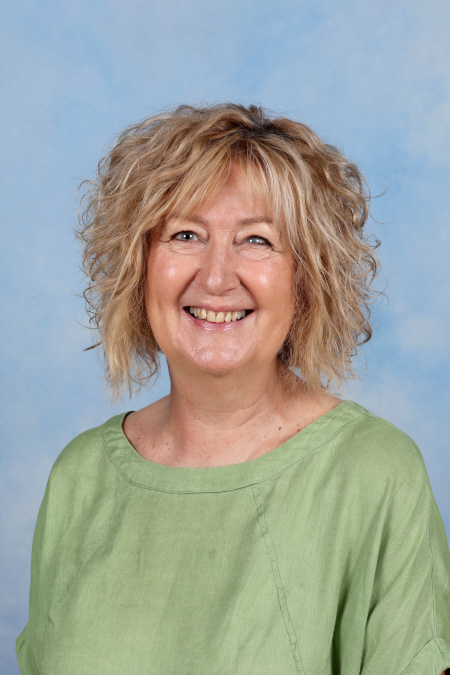
Di Hynes
Grade 3 Coordinator
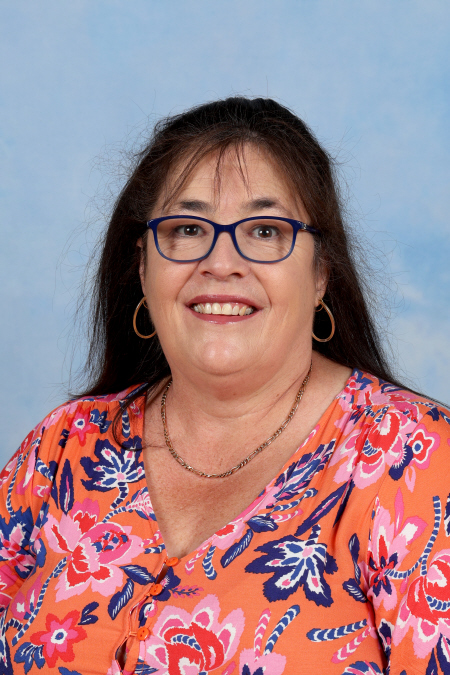
Sharrelle Nicholas
Grade 4 Coordinator
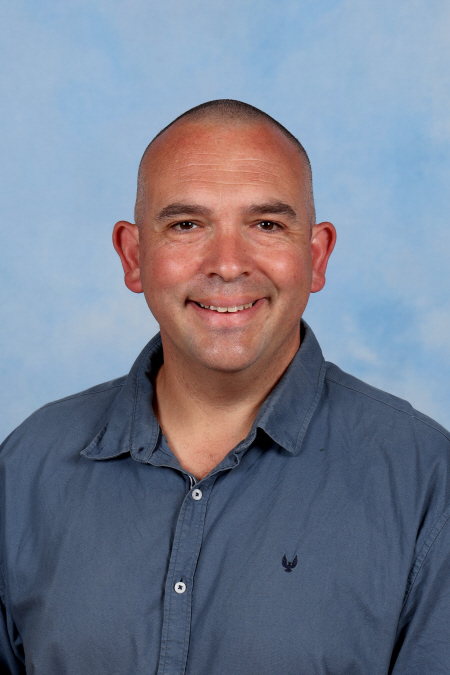
Kaspar Sussman
Grade 5 Coordinator
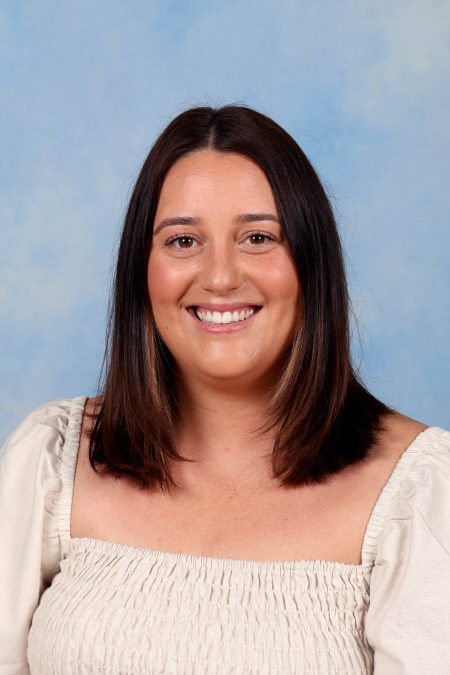
Megan Hall
Grade 6 Coordinator
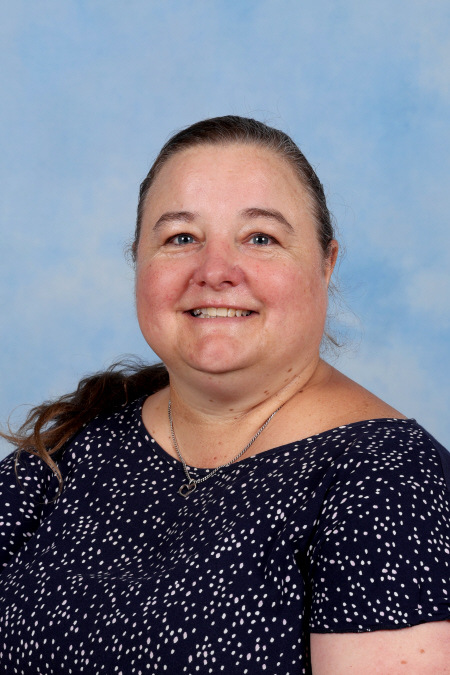
Jane Jelley
Specialist Coordinator
The Leadership Team builds teacher and leadership capacity and drives a culture of learning at the school. The team forms an integral part of the leadership structure of a school, undertaking the crucial role of developing, overseeing, and evaluating the effectiveness and impact of the Annual Implementation Plan (AIP) each year. It has responsibility for leading the strategic planning process, providing clear and achievable goals and targets. The team comprises representatives from across the school and has a shared understanding of supporting, driving, and monitoring improvement. The Leadership Team builds teacher and leadership capacity and strengthens the culture of learning at the school; the school review process underlines this responsibility.
Leadership supports Management throughout the school review with their deep understanding of the progress made against the AIP. The team actively engages and focuses the school and its community in a shared purpose for improvement through their dedication to improving student outcomes. Members of the Leadership Team may be called upon to assist in the preparation of the pre-review self-evaluation (PRSE). They may for example:
- be called to lead or support staff in the collection and analysis of data and evidence
- request collection of student responses and data or lead student, staff, or parent forums.
Following the school review, the team leads the development of the new School Strategic Plan. They do this with the school community, assisting in the creation of clear and achievable goals and selection of targets. These goals and targets are operationalised each year through the AIP, for which the Leadership Team is responsible.
The Templeton Pedagogy
Know our role. Understand our role. Perform our role.
The Templeton Pedagogy
Our staff implement the Templeton Pedagogy with a focus on maximizing student learning. They know their role, understand their role and perform their role, regardless of level or experience. Young teachers are mentored by our experienced Management and Leadership Team in the Templeton way of planning and teaching. Teachers know what to teach, and how to teach it through professional reading, professional learning teams and professional development. They perform their role by effectively teaching every individual student in their care.
The Three Pillars
The Three Pillars of our school pedagogy are Literacy, Numeracy and Inquiry. We believe in direct, explicit teacher instruction in Literacy and Numeracy, with an increasing focus on Inquiry as students progress through the school. All students receive the 5-5-5 model in Literacy and Numeracy; five lessons in Reading, Writing and Numeracy. Additionally, Library lessons act as a sixth Reading lesson for all students P-6. We invest heavily in teacher aides and student support in the junior school, with a focus on establishing a strong foundation in Literacy and Numeracy for students in years P-2.
Instructional Model
Informed by the Victorian Curriculum, our Instructional Model is based on The Three Pillars. Our Professional Learning Communities (PLCs) meet weekly to analyse student data, identify student, group and cohort point of need, and plan lessons for The Three Pillars.
Our lessons are highly structured, with a clear Learning Intention, Success Criteria, tuning in and explicit instruction. Teachers monitor student progress with formative and summative assessment and anecdotal notes. Teacher and student reflection concludes each lesson, followed by assessment, feedback and Victorian Curriculum Reporting in June and December.
Professional Learning Communities (PLCs)
PLCs are teams of teachers who work in each year level. They are supported by the Curriculum Learning Specialist in their planning, data analysis and peer observation. All of our leaders have undertaken PLC training with DET, and lead their teams within the PLC structure. Teams meet weekly for curriculum, and fortnightly for administration.
High Impact Learning Strategies (HITS)
The 10 HITS are a part of the repertoire of effective strategies that teachers can apply to the wide variety of learning needs students present with each day. HITS have emerged from the findings of tens of thousands of studies on what has worked in classrooms across Australia and the world. Although HITS are highly effective strategies for increasing student learning they do not provide a complete framework for professional practice. Instead, HITS form part of the full set of instructional practices that contribute to a comprehensive pedagogical model for teaching.
Peer Observation
Our staff are continually refining their pedagogy through regular PLC Meetings, Data Analysis and Planning. Additionally, each team completes Peer Observation to deliver and receive feedback on their performance. Peer Observation is timetabled weekly, with a focus on specific areas of our instructional model, depending on point of need for both staff and students. PLCs receive a report at the end of their Peer Observation to highlight areas of success and areas to improve their practice, both as a team and individual teachers. Below is an example of a Peer Observation Report for our Year 6 team.
Inquiry
Bringing it all together.
Bringing our practice together is our Inquiry program. Inquiry inspires curiosity and creativity while facilitating student agency and voice. It connects our curriculum by providing context and purpose for our direct and explicit teaching pedagogy. Our Inquiry program is based around six concepts; Self and Relationships, Place and Time, Systems and Communities, Expressing Ourselves, The Natural World and Sustaining the Planet. Each year, students explore these units around different focus questions, decided by PLCs. Each unit focuses on a Value and two Student Profile attributes, with each of the skills interwoven into the learning tasks. This creates a spiral of learning from Prep to Year 6, with Templeton students starting secondary school with a well-rounded educational experience from Templeton.
Inquiry Planning
Below are our Inquiry Focus Units, Victorian Curriculum 2.0 Links and our Year Level Inquiry Units. All planners incorporate the School Values, Student Profile and Learning Skills. The Key Inquiry Question is linked to elaborations taken directly from the Victorian Curriculum 2.0. At the bottom of each planner are links to each Specialist area. The Specialist staff match their programs to the Inquiry focus in each year level across the school.
The Year Level Tabs below provide a full outline of Inquiry at every Year Level P-6 at Templeton. Click on your child’s Year Level to view their planner.
June and December Reporting
Measuring your child’s progress.
Learning Skills
Learning skills follow the spiral process that develops well-rounded learners. Through Inquiry, Templeton students ‘learn how to learn’, developing the following skills over each unit of work. These skills are assessed through the criteria listed on the charts below, and reported to in June and December. Click on each Learning Skills Chart for the criteria of skills at each year level.
Learning Skills Criteria
(Students assessed Beginning, Consolidated or Established)
Extension
Embracing the top end.
Victorian High Achievers Program
The Victorian High Ability Program (VHAP)
The Victorian High Ability Program focuses students on tasks that stimulate critical thinking, problem solving and creativity – enriching their understanding of English and Mathematics. The program does not focus on accelerating students through core Victorian Curriculum content, instead students will be pushed out of their learning comfort zone to become critical thinkers.
The Victorian High‐Ability Program (VHAP) is delivered online and students engage with the program in both synchronous and asynchronous learning with a teacher using Virtual Schools Victoria. As part of the program students complete the following tasks:
- Synchronous Learning
Over 10 sessions, they will attend one 55‐minute synchronous online lesson per week with their online teacher.
- Asynchronous Learning
Outside of the allocated time, students will complete further activities. It is anticipated that this will take students approximately 30‐40 minutes per session.
Student Selection
Only students who have been selected by the Department of Education and Training are able to participate in the program. As part of the selection process, the Department will analyse student achievement data to assess student readiness and ability to participate in this program. Selected students will only be offered a place in up to one course each term. This is to balance the load on students of additional course work outside of core subjects and to minimise the impact of missing more than ten regular classes per term.
Students will be invited to participate across multiple years if they are deemed eligible.
COURSES
Patterns: From Symbols to Secrets (primary mathematics Years 5 – 6)
This course will encourage students to discover that mathematics is not about ‘getting to the answer’, by demonstrating there are often multiple solutions and multiple strategies. Students will explore concepts that are not usually covered in the primary mathematics curriculum, such as number patterns, alternative numeral systems and cryptography. They will be pushed to view mathematics as a process of exploration, and encouraged to ask questions, make conjectures, and test ideas.
The Power of the Pen (primary English Years 5 – 6)
This course will help students explore the purpose and impact of writing. They will consider a world without writing, examine the history of writing, and have the opportunity to extend their story writing skills. They will engage in narrative masterclasses focused on plot, character, setting, perspective, voice and genre. They will explore humorous and optimistic texts, the difference between writing to control and writing to empower, and the ways in which writing can change hearts and minds.
APSMO Maths Problem Solving
Maths Games and Maths Olympiad
Extension and Enrichment Programs
At Templeton we offer extension and enrichment programs for eligible students in Mathematics: Maths Games in Year 4 and Maths Olympiad in Years 5 and 6. The students will be involved in Mathematics Rotations at the same time as these programs so they are not withdrawn from their daily classroom program.
The Australasian Problem Solving Mathematical Olympiads (APSMO) are unique in that they focus on the students’ ability to solve mathematical problems in a creative manner – as opposed to simply reaching a solution using a prescribed method.
The APSMO Maths Olympiad has been operating in primary schools since 1987 and high schools since 2003. Each year thousands of schools participate in the competition from around Australia and New Zealand.
The Maths Olympiad and Maths Games are an ideal complement to the school curriculum. The main aims of the competitions are to:
- Introduce students to important mathematical concepts
- Teach major strategies and develop flexibility for problem solving
- Foster creativity and ingenuity and strengthen intuition
- Stimulate enthusiasm and enjoyment of mathematics
- Provide for the satisfaction, joy and thrill of meeting challenges

All students at Templeton are assigned a House, named after one of four Australian Sports Legends. Throughout the week, students are awarded House Points for good behaviour, academic achievements and sport. Every Friday at assembly, our House Captains announce the winning House for the week. Points are accumulated throughout the year, with the winning House awarded the House Trophy. Our House Captains are elected every year from Grade 6. These students lead their House in all sporting events at the school.






2025
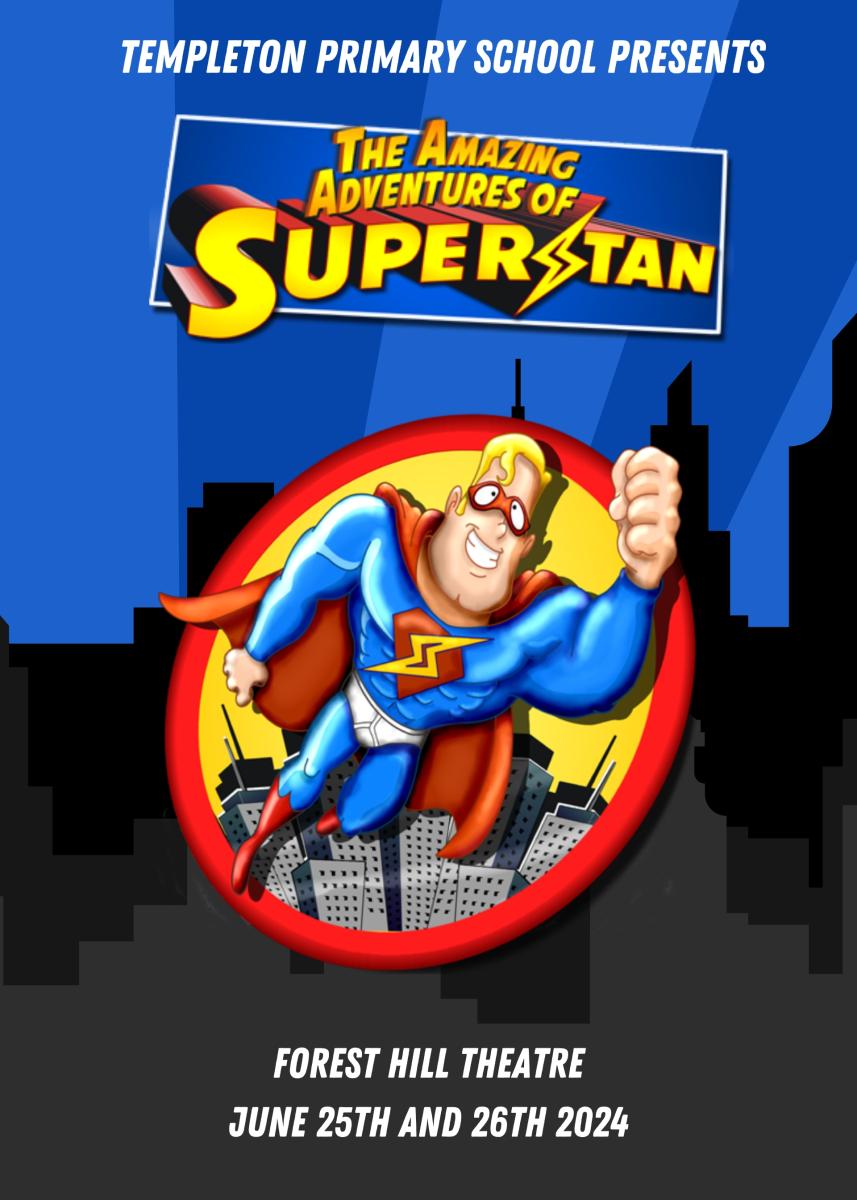
2024

2023

2022
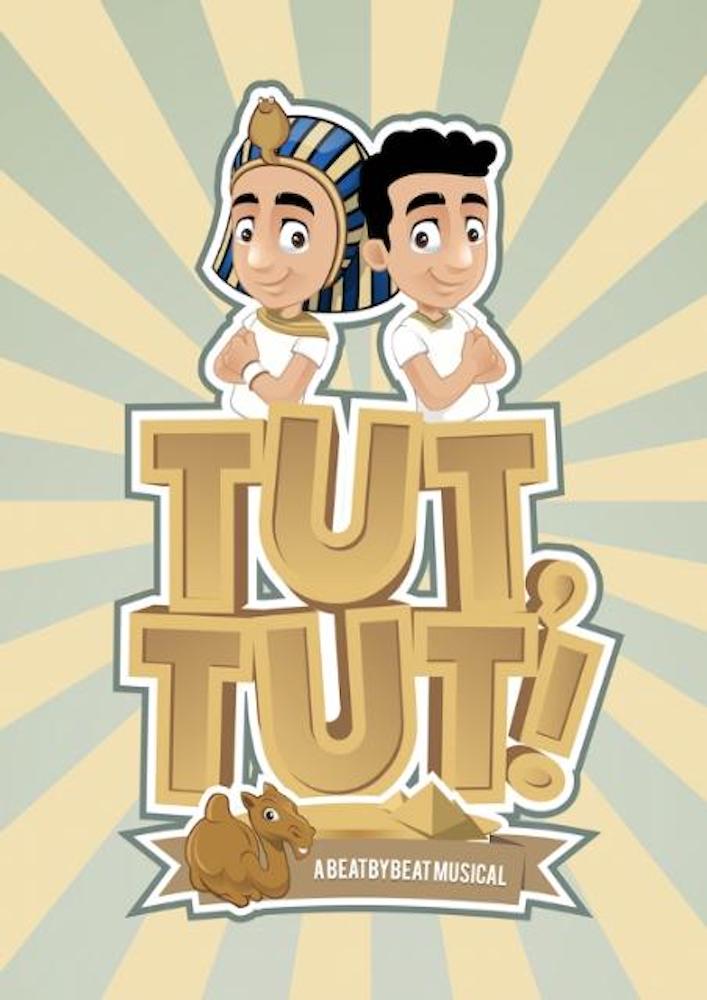
2021

2020
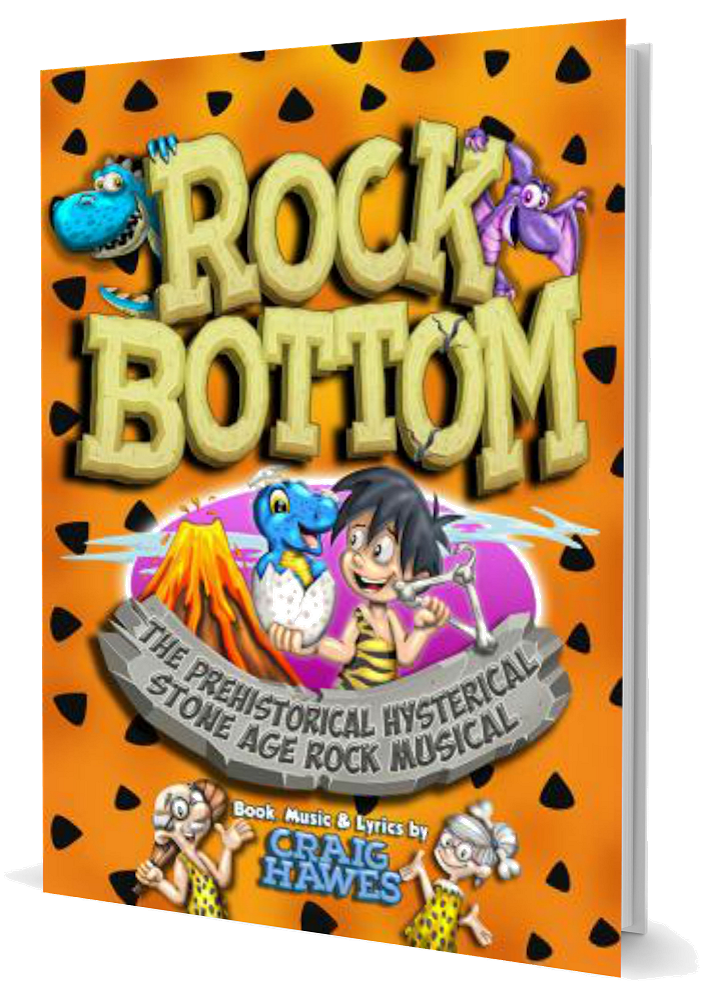
2019

2018

2017

2016

2015

2014

2013
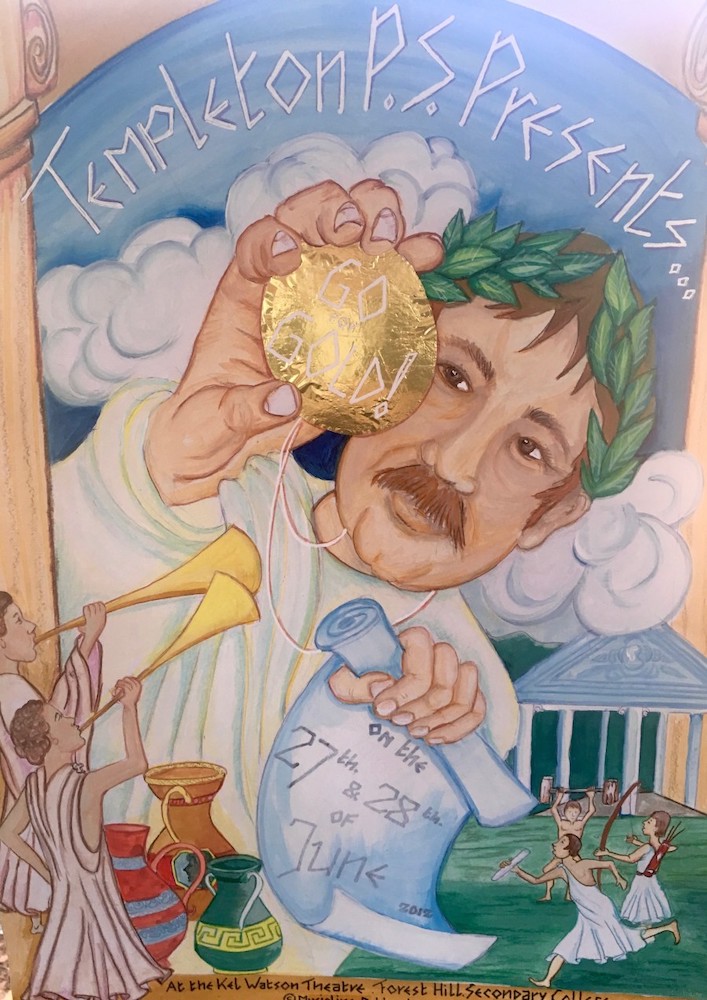
2012

2011
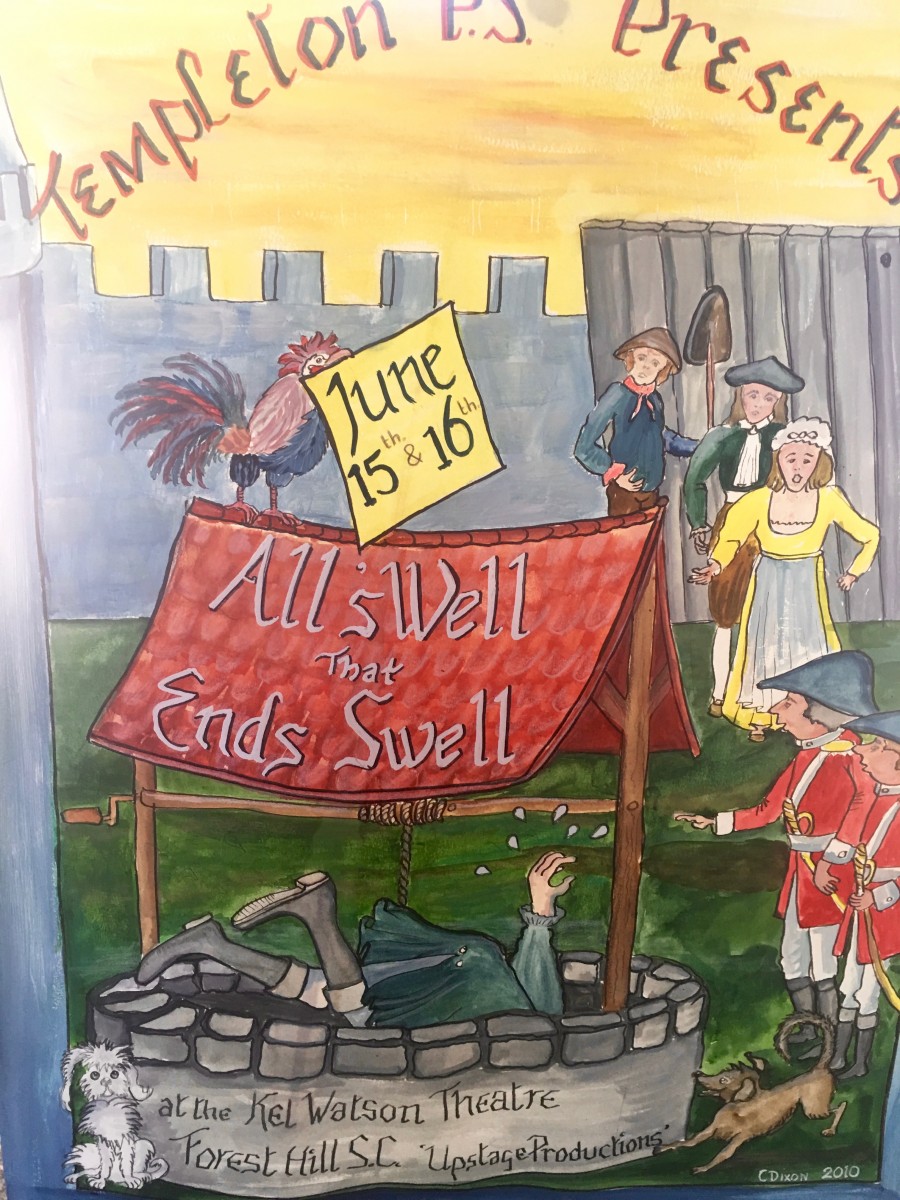
2010

2009
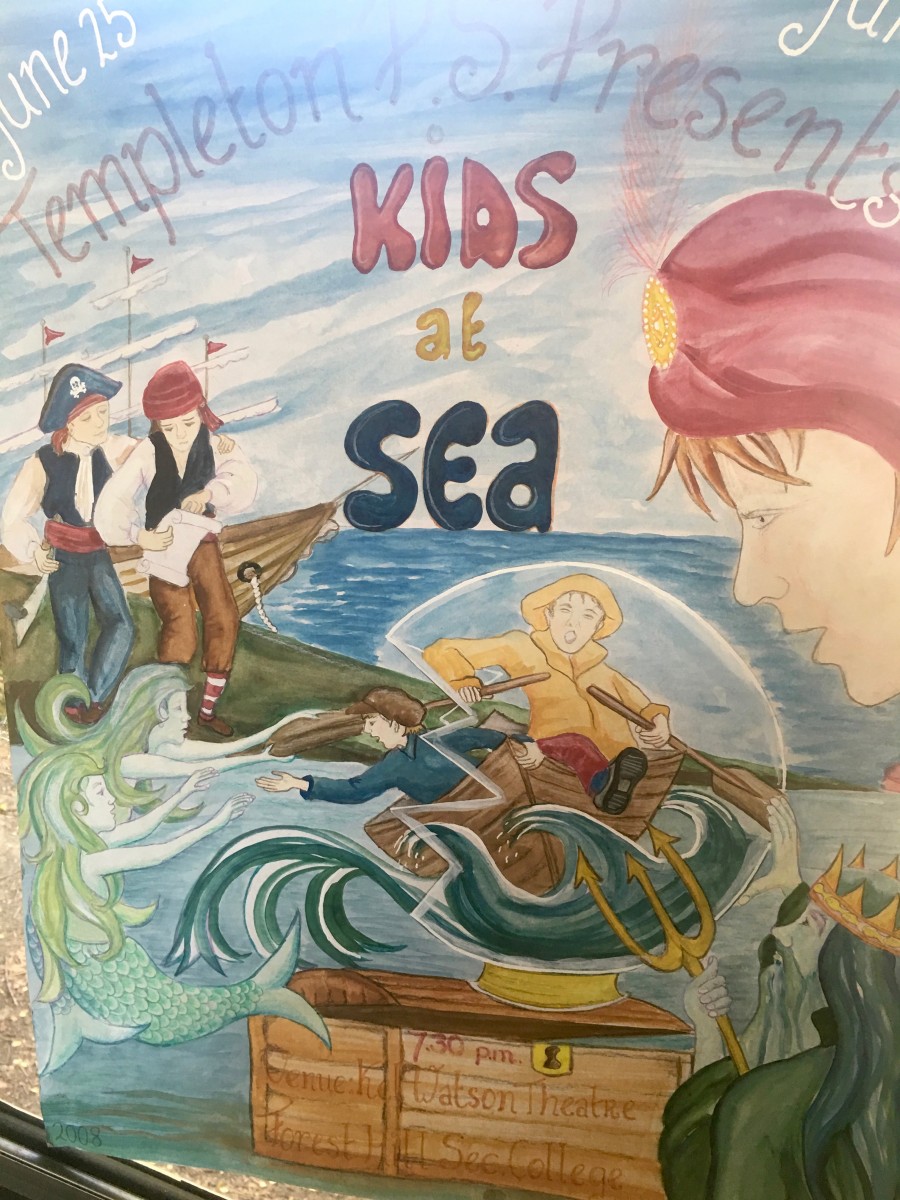
2008
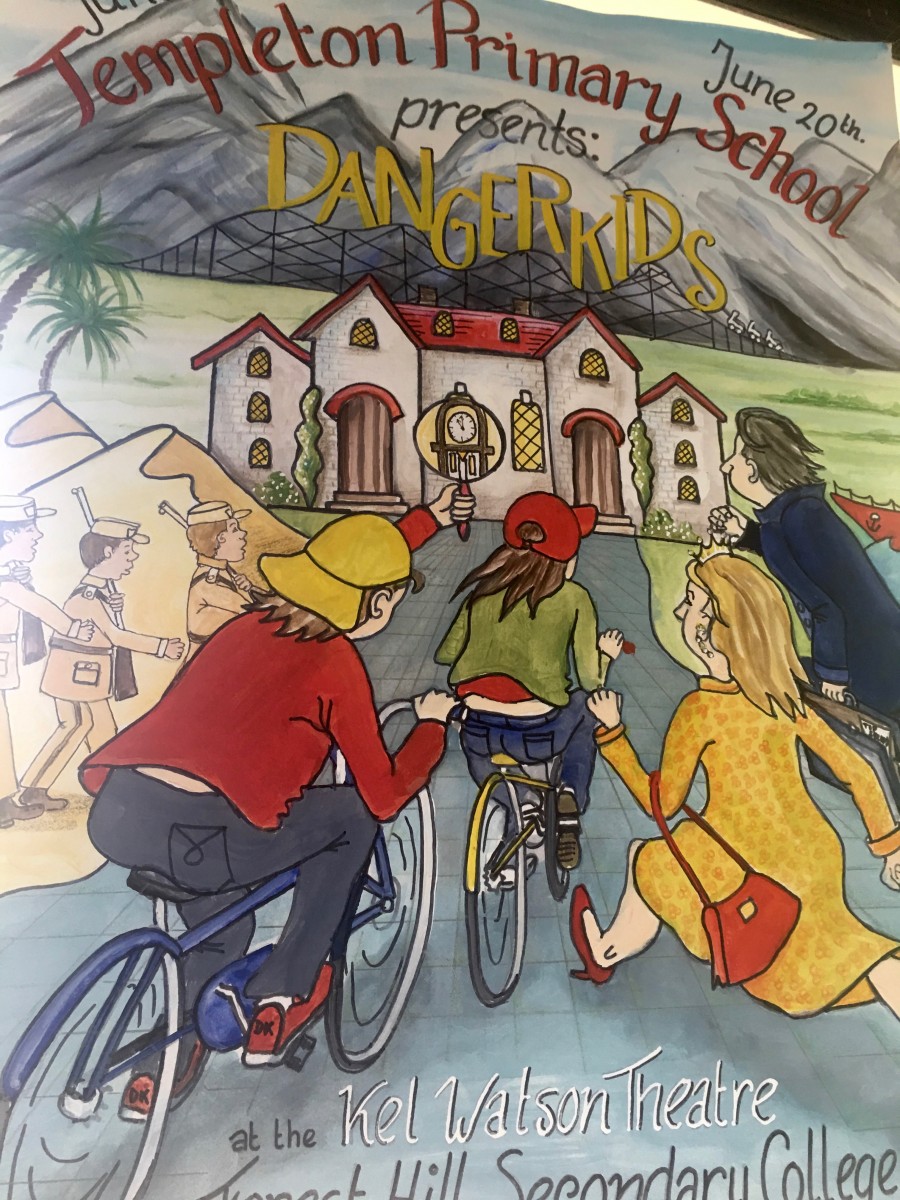
2007

2006

2005
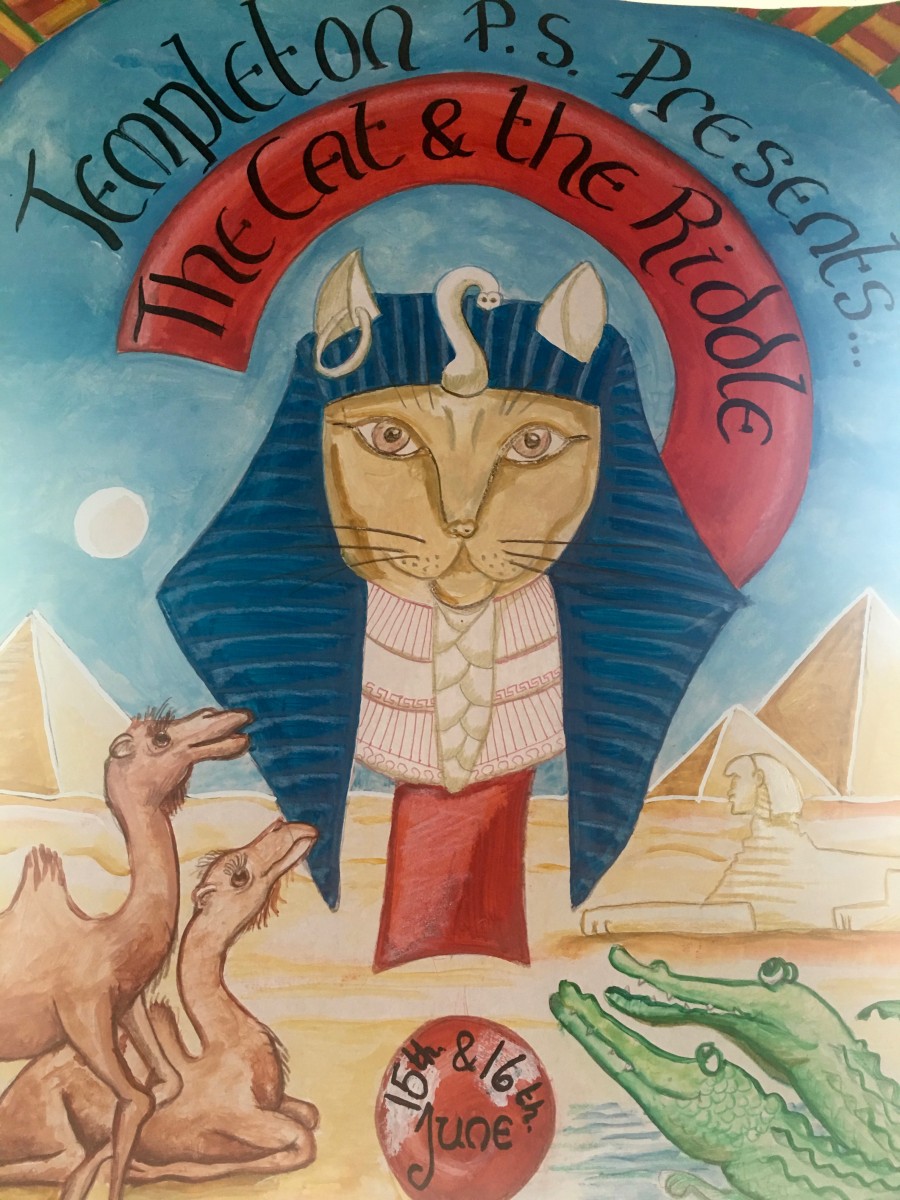
2004

2003

2002
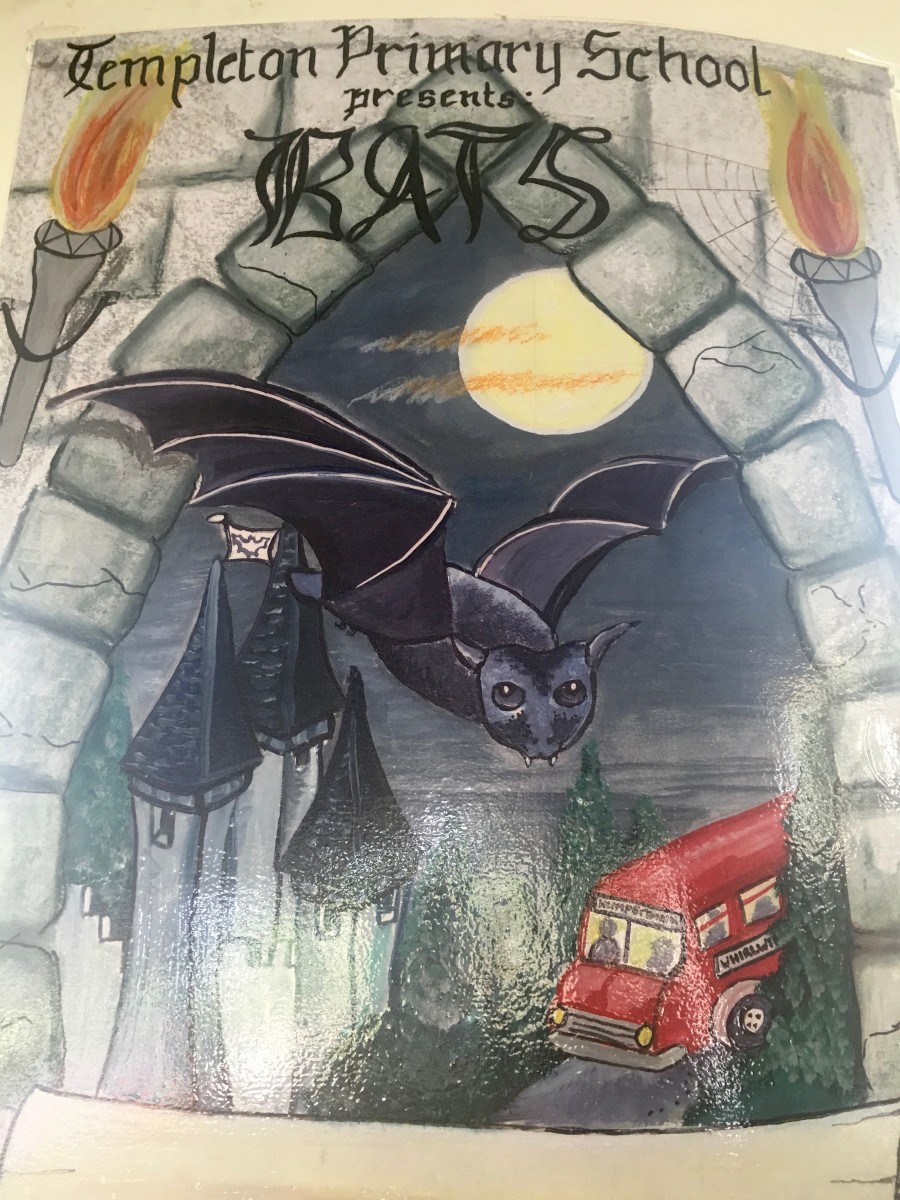
2001

2000
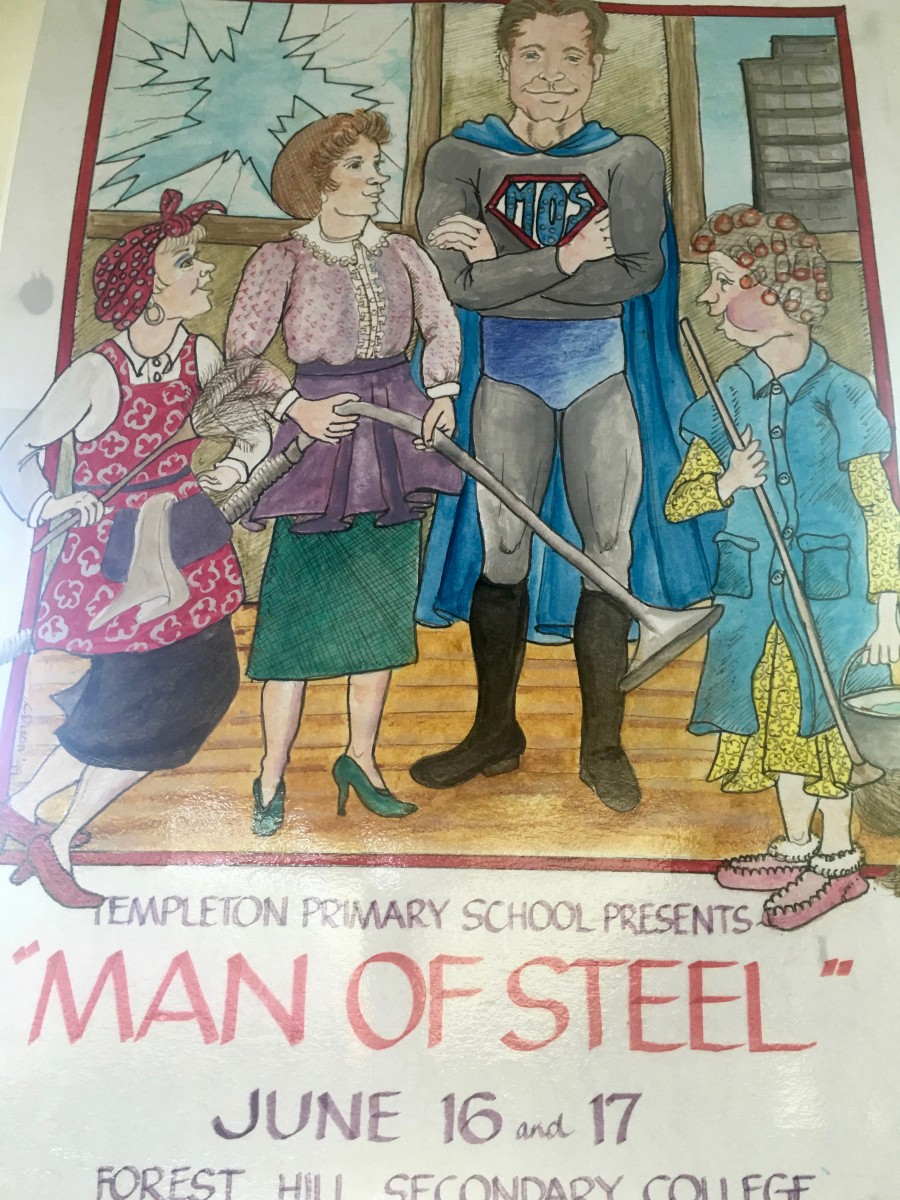
1999

1998

1997

1996
